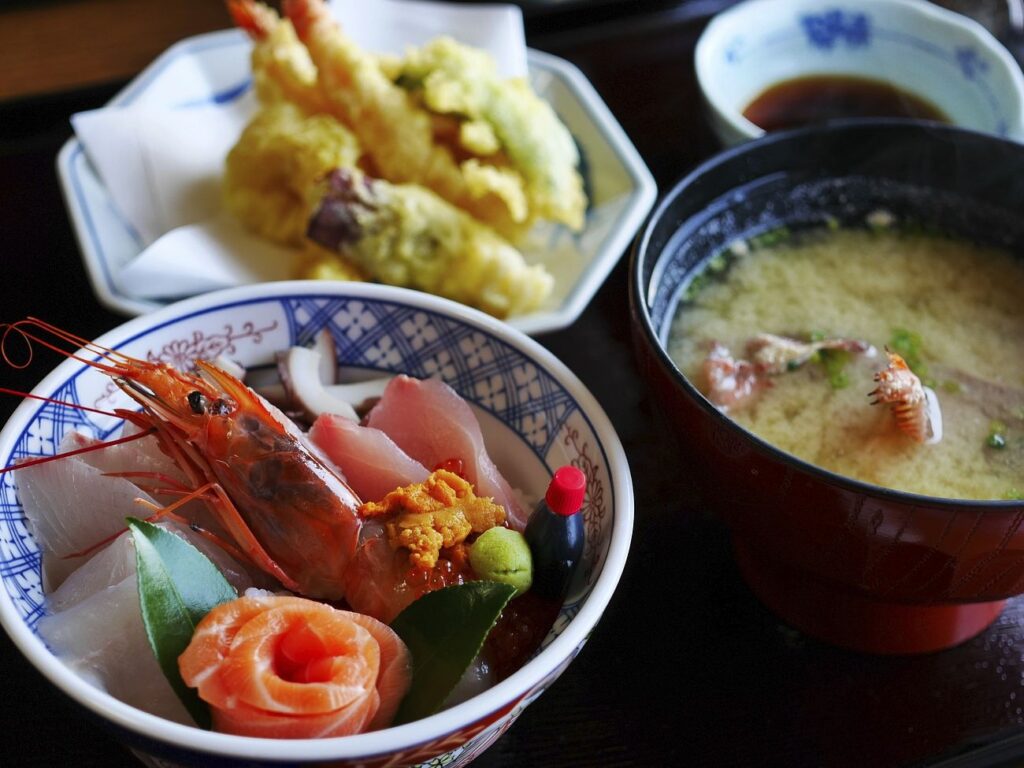The agri-food industry stands on the cusp of a transformative era, with cultivated meat poised to redefine our dietary landscape. As we progress towards a future where cultivated meat becomes a staple, the multi-local dimension of this industry emerges as a focal point. This article delves deep into the intricacies of understanding local behaviors and offers a comprehensive perspective on constructing a global production system that is finely attuned to local demands, all the while championing the cause of sustainability.

Food, in its essence, is a reflection of culture, history, and tradition. Every region, every community, has its unique culinary identity, shaped by centuries of history and tradition. This cultural tapestry plays a pivotal role in the acceptance and integration of cultivated meat into diets worldwide. Therefore, for cultivated meat to truly find its place on global dining tables, it is imperative to approach it with a deep respect for these cultural nuances. This respect translates into product offerings that align with local culinary traditions, ensuring that cultivated meat is not seen as an alien concept but as a natural evolution of food.
Economic disparities further underscore the importance of a localized approach. The world is a mosaic of economies, each with its distinct characteristics. While some regions might have consumers willing to pay a premium for cultivated meat, driven by their environmental and ethical beliefs, others might be more price-sensitive, looking for cost-effective protein sources. Recognizing and navigating these economic landscapes can shape effective pricing strategies and market segmentation, ensuring that cultivated meat is accessible to all.
When we talk about building a global production system that resonates with local demands, the vision is not of monolithic production units churning out standardized products. Instead, the future lies in decentralized production facilities, strategically located closer to target markets. Such a setup not only ensures product freshness by reducing transportation times, but also offers the flexibility to customize offerings based on local tastes and preferences. Collaboration emerges as a key theme here. By forging partnerships with local farmers, chefs, food technologists, and other stakeholders, the industry can co-create products that truly resonate with local palates.
At FUDZS, our belief in small production units is unwavering. These units, with their minimal environmental impact, are perfectly poised to cater to local markets. By eliminating unnecessary transports, we are not just optimizing logistics but also ensuring that the meat remains fresh, retaining its natural flavors and nutrients. Of course, this vision is deeply rooted in sustainability. We have invented the innovative technology to significantly enhance the efficiency of bioreactors, and to turn rhetoric into action 🙂
The journey of cultivated meat, from labs to dining tables, is intricately intertwined with the multi-local aspect of the agri-food industry. Understanding and respecting local behaviors, cultures, and economic landscapes is not just a strategic imperative but a necessity. By building agile, decentralized production systems that are finely attuned to local demands, the industry can ensure that cultivated meat is seamlessly integrated into global diets. This approach, underpinned by a strong commitment to sustainability, promises a future where food is not just a source of nourishment but a beacon of global collaboration and sustainability.
At FUDZS, we are not just producing meat; we are crafting a future where every bite is a testament to quality, sustainability, and local empowerment.
